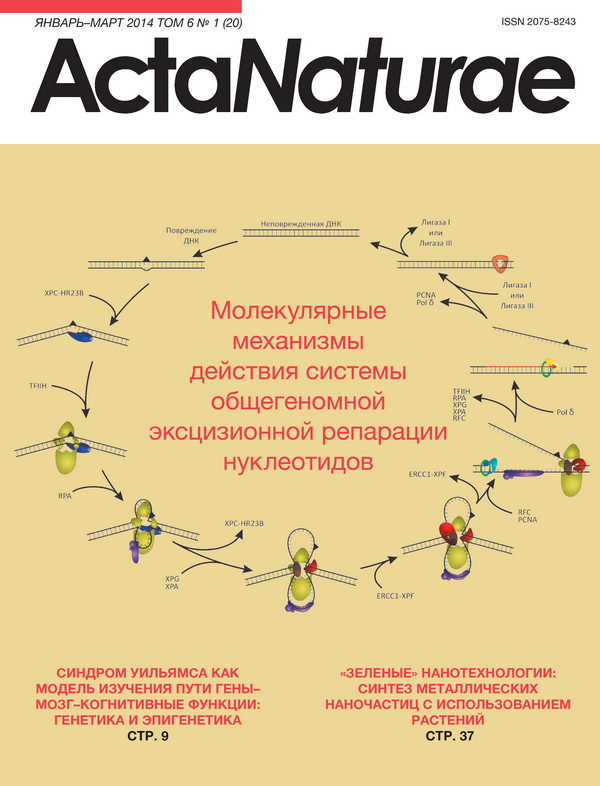The Role of Dihydroorotate Dehydrogenase in Apoptosis Induction in Response to Inhibition of the Mitochondrial Respiratory Chain Complex III
- Authors: Khutornenko A.A.1, Dalina A.A.2, Chernyak B.V.1, Chumakov P.M.2, Evstafieva A.G.1,3
-
Affiliations:
- Belozersky Institute of Physico-Chemical Biology, Lomonosov Moscow State University
- Engelhardt Institute of Molecular Biology, Russian Academy of Sciences
- Department of Bioengineering and Bioinformatics, Lomonosov Moscow State University
- Issue: Vol 6, No 1 (2014)
- Pages: 69-75
- Section: Research Articles
- Submitted: 17.01.2020
- Published: 15.03.2014
- URL: https://actanaturae.ru/2075-8251/article/view/10564
- DOI: https://doi.org/10.32607/20758251-2014-6-1-69-75
- ID: 10564
Cite item







